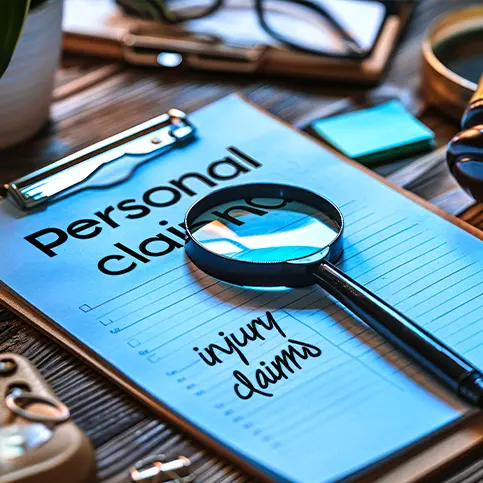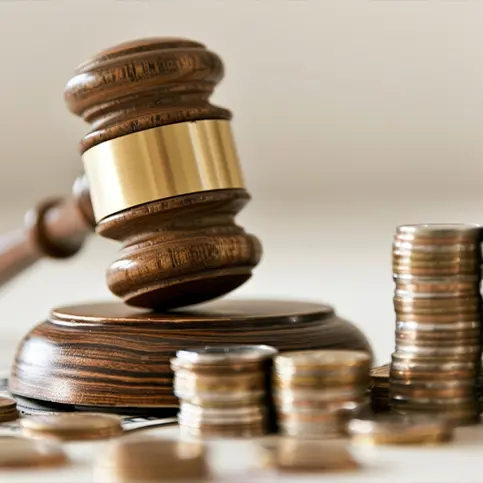
Property Damage and Car Accidents in New Mexico
This guide aims to offer useful insights to help you maximize compensation for damages to your car following accidents involving cars, trucks, or motorcycles.
I. Does the Insurance Company Say That Your Car is Repairable or a Total Loss?
When communicating with an insurance adjuster regarding your car’s damage, a clear understanding of key insurance terms is crucial. “Total loss” is a significant term, indicating that repairing the car would cost 70-75% or more of its value. If your car is considered a total loss, the insurance company owes you the fair market value of the car from before the accident.
II. “Total Loss” Claims vs. Repairable Damage
In cases of total loss, the insurance company owes you the fair market value of your car. This value is often determined through a market survey comparing similar cars in your area. You can conduct your own survey using resources like Kelley’s Blue Book, N.A.D.A., Craigslist, Autotrader, or seek an expert opinion for a fee. Negotiate with the insurance company based on your findings and be sure to mention any recent improvements to your car.
If the insurance adjuster’s valuation is lower, ask for their basis and scrutinize it, requesting copies of any documents on which they rely for the assessment. If it relies on a “CCC” report, request a copy and investigate whether the cars in the report accurately reflect your car’s value.
III. Challenge the basis, if necessary.
The insurance adjuster may present two offers: the full value of the car (if you sell it to them) and the value minus salvage value (if you decide to keep the damaged car for your own repairs).
Similar principles apply to repairable damage. You can obtain independent repair estimates or allow the insurance adjuster to assess the repair cost. Most repair shops will agree to the insurance adjuster’s estimate, and if additional damage is found, the shop will negotiate with the insurance company.
If the damage is minor, you can choose not to repair it and cash the insurance check for the repair amount. Ensure the insurance company still compensates you for the repair cost.
If you dispute the insurance company’s damage estimate, obtain your own estimates, and negotiate accordingly. If you suspect improper repairs, consult another experienced and independent body shop mechanic for evaluation.
IV. Other Potential Damages Claims
Rental and/or Loss of Use: The insurance company may provide a rental car if their insured is responsible for the collision. You are entitled to reasonable rental expenses during the repair process.
Diminished Value: If your car’s value decreases due to the accident, explore options like comparing blue book values, consulting experts, or using online services to assess diminished value.
Storage Fees: If your car is stored after the accident, the insurance company usually pays storage fees. However, it is your responsibility to remove the car promptly to avoid additional charges.
When dealing with insurance adjusters, ask questions and clarify terms. Request compensation for all entitled expenses and damages, including rental cars or loss of use. Use common sense in managing post-accident costs to increase the likelihood of reimbursement by the insurance company.
If negotiating with the insurance company becomes challenging, don’t hesitate to contact the experienced personal injury lawyers at Prince, Schmidt, Baca & Woods, LLP. While property damage claims are typically handled without a fee, we understand that involving a lawyer may be necessary in complex situations. If needed, we can incorporate the property damage claim into your personal injury lawsuit.


